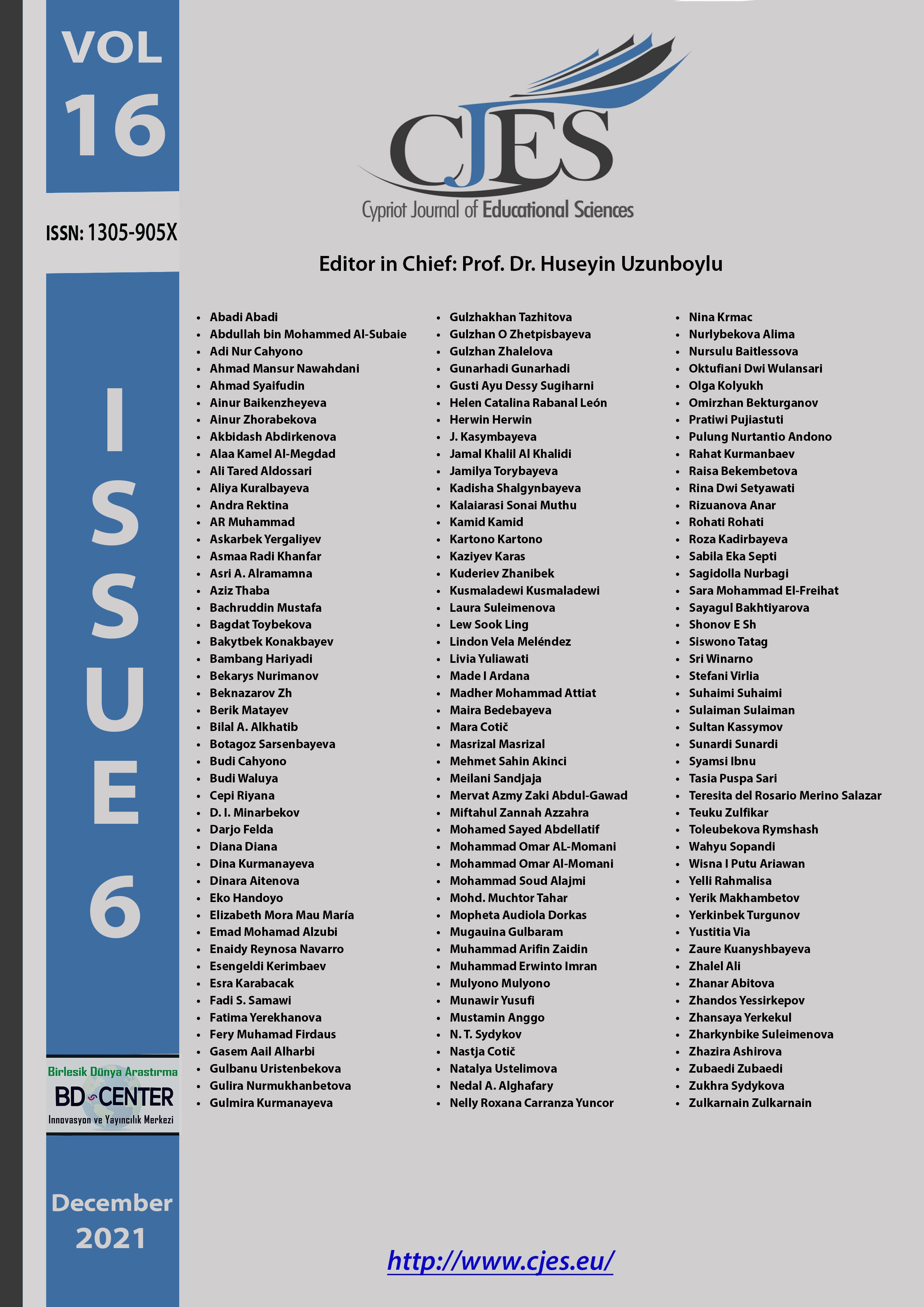The effect of cross-curricular integration on pupils’ knowledge gained through experiential learning
Main Article Content
Abstract
This study examined the effects of the cross-curricular model of integrating mathematics and science with experiential learning on the knowledge of 3rd grade primary school pupils in Slovenia. The purpose of this research was to design and implement school lessons rooted in integrating maths with science and concrete experience, and handling real objects. In the experimental group (N=149), maths and science lessons implemented a cross-curricular model which integrated experiential learning. In the control group (N=155), maths and science were taught as separate subjects without experiential learning. The data was collected with pre- and post-tests to establish pupils’ knowledge. Differences between groups were analysed through Mann-Whitney U test and Wilcoxon signed-rank test and showed that pupils from the experimental group performed better at the 2nd and 3rd TIMSS cognitive domain. Findings indicate that the cross-curricular learning model has a positive effect on pupil’s achievement in science and mathematics.
Keywords: Cross-curricular integration, mathematics, science, experiential learning, TIMSS, cognitive domains
Downloads
Article Details

This work is licensed under a Creative Commons Attribution 4.0 International License.
Cypriot Journal of Educational Sciences is an Open Access Journal. The copyright holder is the author/s. Licensee Birlesik Dunya Yenilik Arastirma ve Yayincilik Merkezi, North Nicosia, Cyprus. All articles can be downloaded free of charge. Articles published in the Journal are Open-Access articles distributed under a CC-BY license [Attribution 4.0 International (CC BY 4.0)].
Birlesik Dunya Yenilik Arastirma ve Yayincilik Merkezi (BD-Center)is a gold open-access publisher. At the point of publication, all articles from our portfolio of journals are immediately and permanently accessible online free of charge. BD-Center articles are published under the CC-BY license [Attribution 4.0 International (CC BY 4.0)], which permits unrestricted use, distribution, and reproduction in any medium, provided the original authors and the source are credited.

